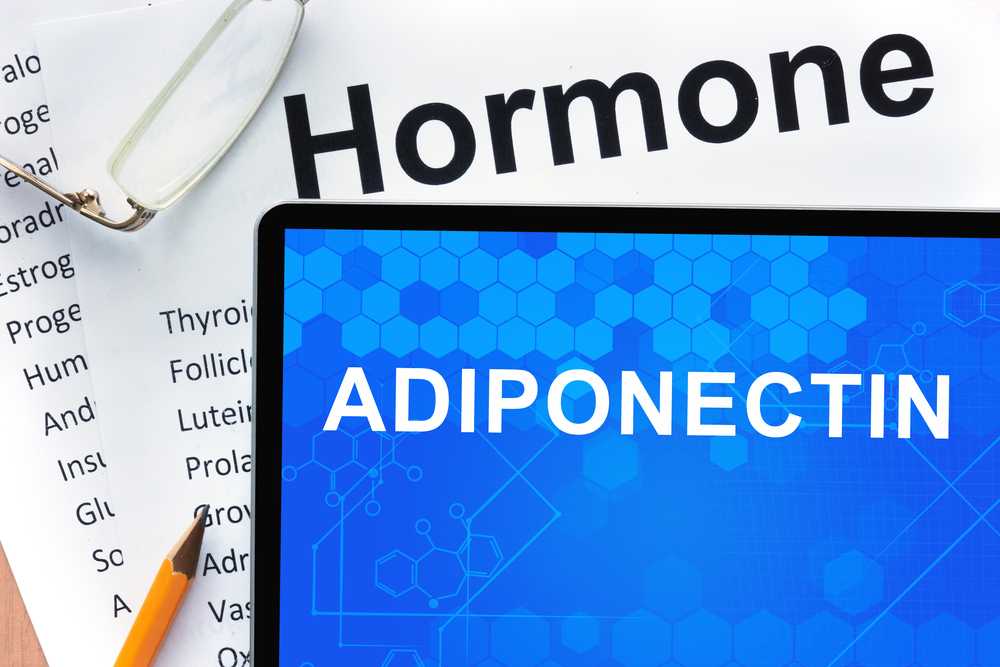Arq. Bras. Cardiol. 2021; 117(6): 1189-1190
Can We Pretreat Vein Grafts with Adiponectin to Improve Their Patency?
This Short Editorial is referred by the Research article "Adiponectin Prevents Restenosis Through Inhibiting Cell Proliferation in a Rat Vein Graft Model".
Saphenous vein graft remains an option for patients with multivessel coronary artery disease,, mainly in individuals with type 2 diabetes. Although artery bypass should offer better patency rates than venous grafts, in many situations, complete revascularization cannot be achieved using solely arterial grafts. Venous graft failure has been associated with cardiovascular outcomes, including mortality., Therefore, there is a need to improve vein graft patency. The mechanisms involved in graft failure include intimal hyperplasia, smooth muscle cell proliferation, and endothelial dysfunction, among others., There have been some attempts to improve the preservation of saphenous vein grafts before implantation.
In the experimental study by Zhou et al. the authors used autologous jugular veins implanted as carotid interposition grafts in Sprague Dawley rats. Two groups received adiponectin (2.5 μg and 7.5 μg) applied externally to the vein bypass grafts, suspended in a 30% Pluronic-F127 gel. The other two groups (controls) received vehicle or no treatment (bypass only). At day 3, cell proliferation was significantly lower in adiponectin-treated versus control and vehicle-gel-treated grafts, both in intima and adventitia, whereas expression of VCAM-1 and ICAM-1 was significantly down-regulated in the adiponectin-treated vein grafts in week four. In addition, the treatment of vein grafts with adiponectin-loaded gels reduced intimal, media, and adventitia thickness when compared with the control and vehicle-gel-treated vein grafts at day 28.
[…]
316

